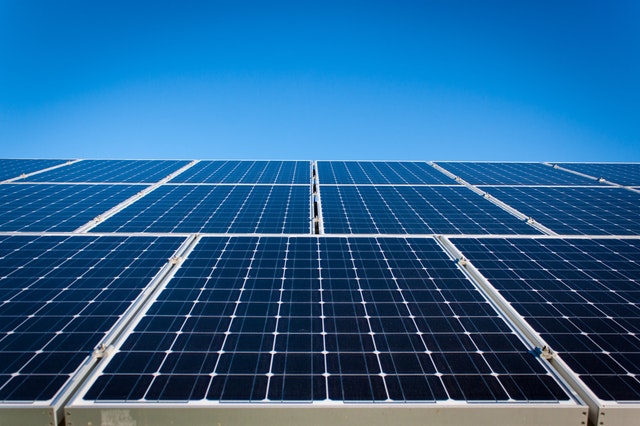What To Look For In A Real Estate Agent
 You have lots of choices when it comes to choosing a real estate agent. Aside from deciding if you’d prefer to work with a man or woman, and what age range you’d like them to be, here are some tips to help ensure that you pick one that is best suited for your needs.
You have lots of choices when it comes to choosing a real estate agent. Aside from deciding if you’d prefer to work with a man or woman, and what age range you’d like them to be, here are some tips to help ensure that you pick one that is best suited for your needs.
Signs In Their Bio
The first thing to do is read the bios of any real estate agents you’re considering. Bios tell a lot about an agent, including what certifications they hold and how long they’ve been an agent. Some bios even have some personal information such as charitable interests or a little about their family life. Look for signs that the agent’s interests and certifications align with your needs.
Relevant Experience
A lot of real estate agents specialize in a certain area such as short sales or helping first-time homebuyers. If your situation falls into a particular category, you could look for a real estate agent who caters to your particular needs. This can simplify the experience, since the real estate agent will have some expertise in navigating the details of the transaction. Look for relevant experience in their bio, or ask them personally.
Good Rapport
You’ll likely be working with your real estate agent for a long time. The relationship between you and your agent should be pleasant. Not only should you have a good rapport with your agent, but you should be able to feel like they understand the human aspect of what you’re trying to achieve with your home buying or selling. You can gauge the rapport with a prospective agent with a simple phone call or brief in-person interview before you hire them.
Presentation
Make sure that your real estate agent makes a good personal presentation. They should comport themselves in a professional manner and dress accordingly. Remember that your agent will be representing your home and your interests to others. You’ll get the best results when your agent professionally reflects your goals in the transaction.
Your partnership with a trusted real estate agent is an important part of a successful real estate experience and transaction. A number of real estate agents will be vying for your business. Use these tips to make sure that you choose the one who best matches up with your needs, personality and style.
Remember, your trusted home mortgage professional will likely have excellent real estate referrals. Be sure to ask when you schedule your consultation to inquire about financing options and pre-approval.

 Earth Day is celebrated each year in April to remind us all of the benefits of ecologically-sound living that is more in harmony with Mother Earth. There is quite a bit of positive news when it comes to going “green.” There are significant benefits for home sales.
Earth Day is celebrated each year in April to remind us all of the benefits of ecologically-sound living that is more in harmony with Mother Earth. There is quite a bit of positive news when it comes to going “green.” There are significant benefits for home sales. According to the US Department of Energy, the average American household paid $111.67 each month for utilities in 2017. With some research and a few DIY projects, property owners can reduce those energy costs without sacrificing comfort or convenience.
According to the US Department of Energy, the average American household paid $111.67 each month for utilities in 2017. With some research and a few DIY projects, property owners can reduce those energy costs without sacrificing comfort or convenience.